In this episode we discuss: The COO's Guide to The Jigsaw Puzzle Company. We are joined by Cameron Herold, he is the founder of the COO Alliance and author of the Second in Command.
We chat about the following:
- How can a COO use the “jigsaw puzzle” metaphor to bring clarity and alignment to a fast-growing company?
- What should a new COO actually do in their first 30, 60, and 90 days to build trust and avoid missteps?
- How do COOs become the “leash, not the choke collar”, supporting visionary CEOs without slowing them down?
- What simple systems can COOs introduce early on that create long-term impact without overwhelming the business?
- How do you determine whether you’re truly operating as a COO… or actually a VP of Ops or GM in disguise?
References:
Cameron Herold
COO Alliance
YouTube Channel
Biography:
Founder of the COO Alliance & Invest In Your Leaders Course
Author of Vivid Vision & The Second In Command
Meet Cameron Herold, the mastermind behind the exponential growth of hundreds of companies. As the founder of the COO Alliance and the Invest In Your Leaders course, Cameron is a dynamic consultant who has coached some of the biggest names in business, including Sprint Telecom and a monarchy in the Middle East. Known as the "CEO Whisperer", Cameron has a reputation for guiding his clients to double their profits and revenue in just three years or less.
Cameron's entrepreneurial journey began at a young age, and by 35, he had helped build his first two $100 million dollar companies. But his greatest achievement came as the COO of 1-800-GOT-JUNK?, where he engineered the company's spectacular growth from $2 million to $106 million in revenue and from 14 to 3,100 employees - all in just six years.
Cameron is not just a successful business leader, but also a captivating speaker. The current publisher of Forbes magazine, Rich Karlgaard, stated "Cameron Herold is the best speaker I've ever heard...he hits grand slams”.
When he's not on stage, Cameron continues to teach through his Second In Command podcast and his bestselling books, including Vivid Vision, Meetings Suck, Free PR, Double Double, and The Miracle Morning for Entrepreneurs.
Cameron is a top-rated international speaker and has been paid to speak in 26 countries and on all 7 continents, including Antarctica in early 2022. He is also the top-rated lecturer at EO/MIT's Entrepreneurial Masters Program and a powerful and effective speaker at CEO and COO leadership events worldwide.
Summary:
00:03:35 – The COO as a jigsaw puzzle builder
00:11:29 – How to use AI as a COO (and where it goes wrong)
00:11:52 – Advice for the first 90 days
00:14:26 – Why early relationship-building matters
00:15:20 – “Be the leash, not the choke collar”
00:16:20 – How to say “no” without shutting people down
00:28:00 – What’s missing in EOS & how COOs fill the gap
00:32:42 – Pick satellite projects, not messy ones
00:33:16 – Avoid big disruptive changes early
00:36:00 – Are you really a COO… or something else?
00:59:23 – Final takeaway
This podcast uses the following third-party services for analysis:
Podcorn -...
 Jan 22 202652 m
Jan 22 202652 m Jan 15 20261 h y 1 m
Jan 15 20261 h y 1 m Nov 13 202532 m
Nov 13 202532 m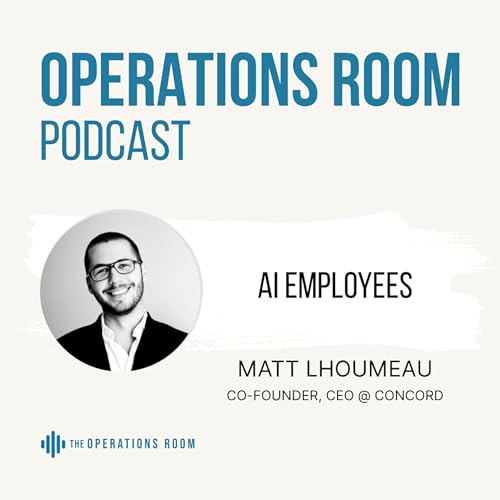 Nov 6 202540 m
Nov 6 202540 m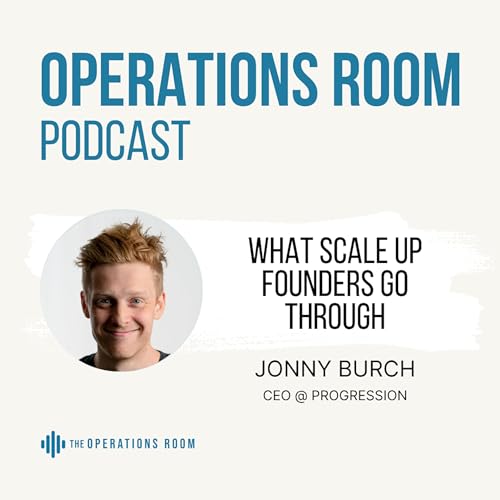 Oct 30 202538 m
Oct 30 202538 m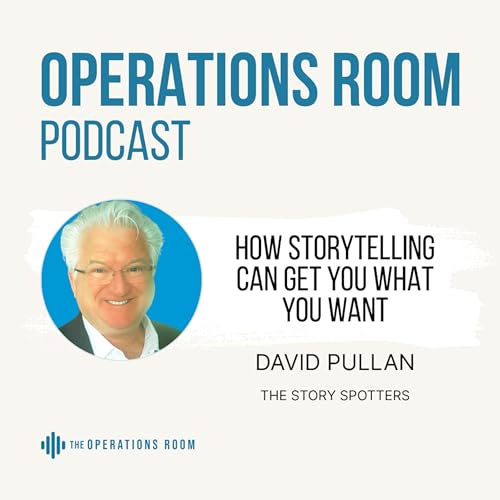 Oct 23 202551 m
Oct 23 202551 m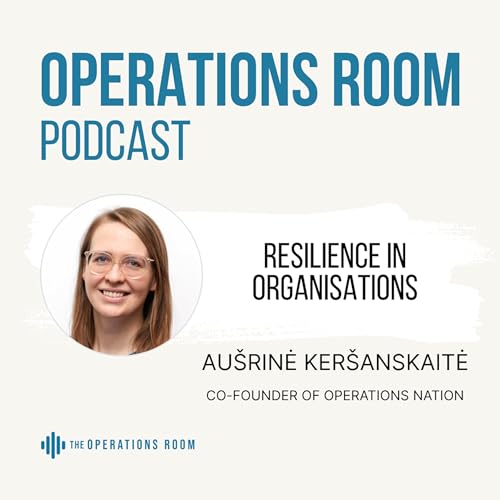 Oct 16 202541 m
Oct 16 202541 m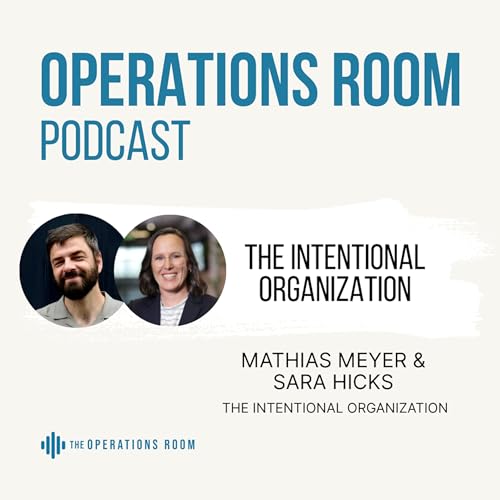 Oct 9 202540 m
Oct 9 202540 m
